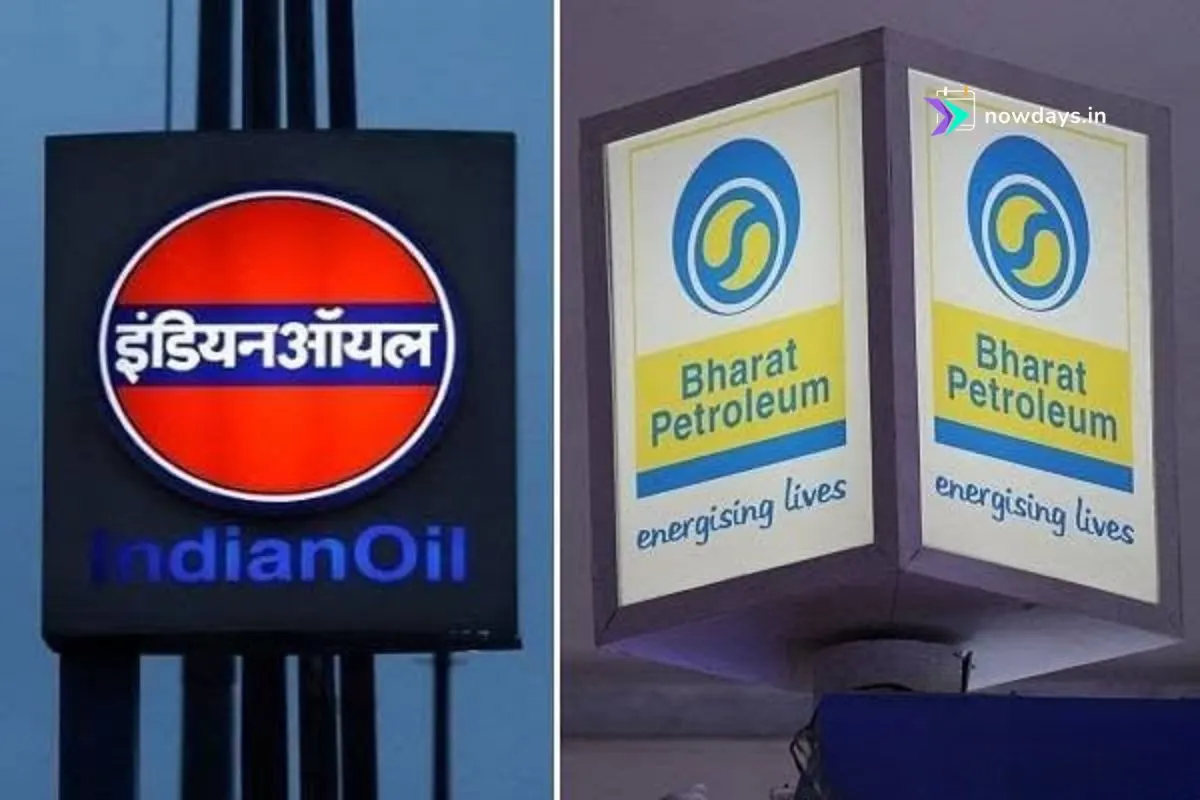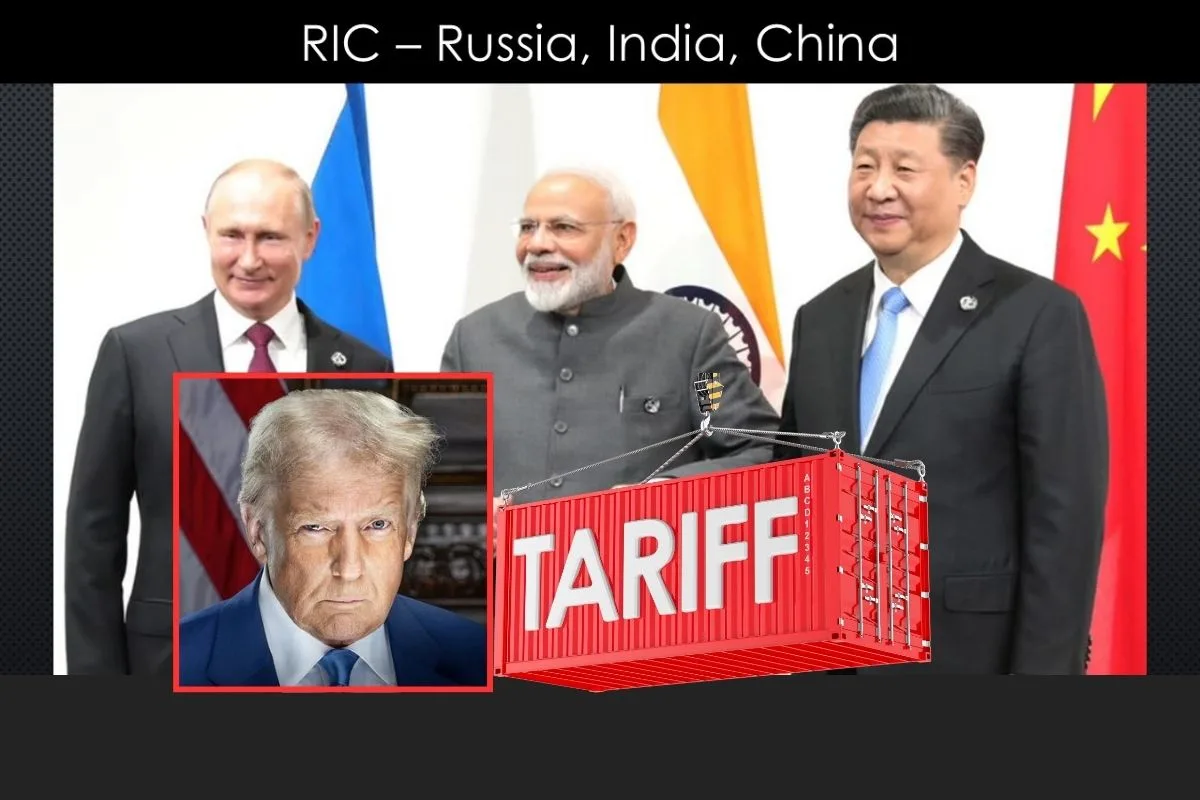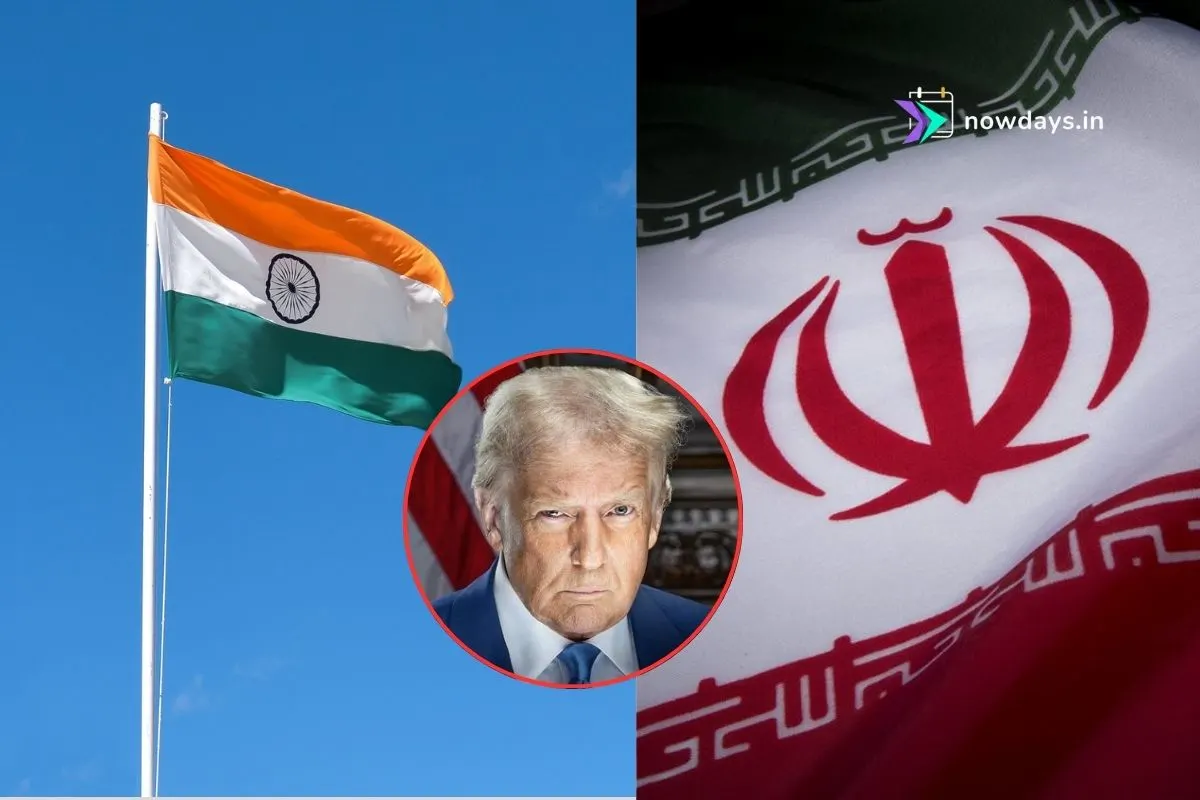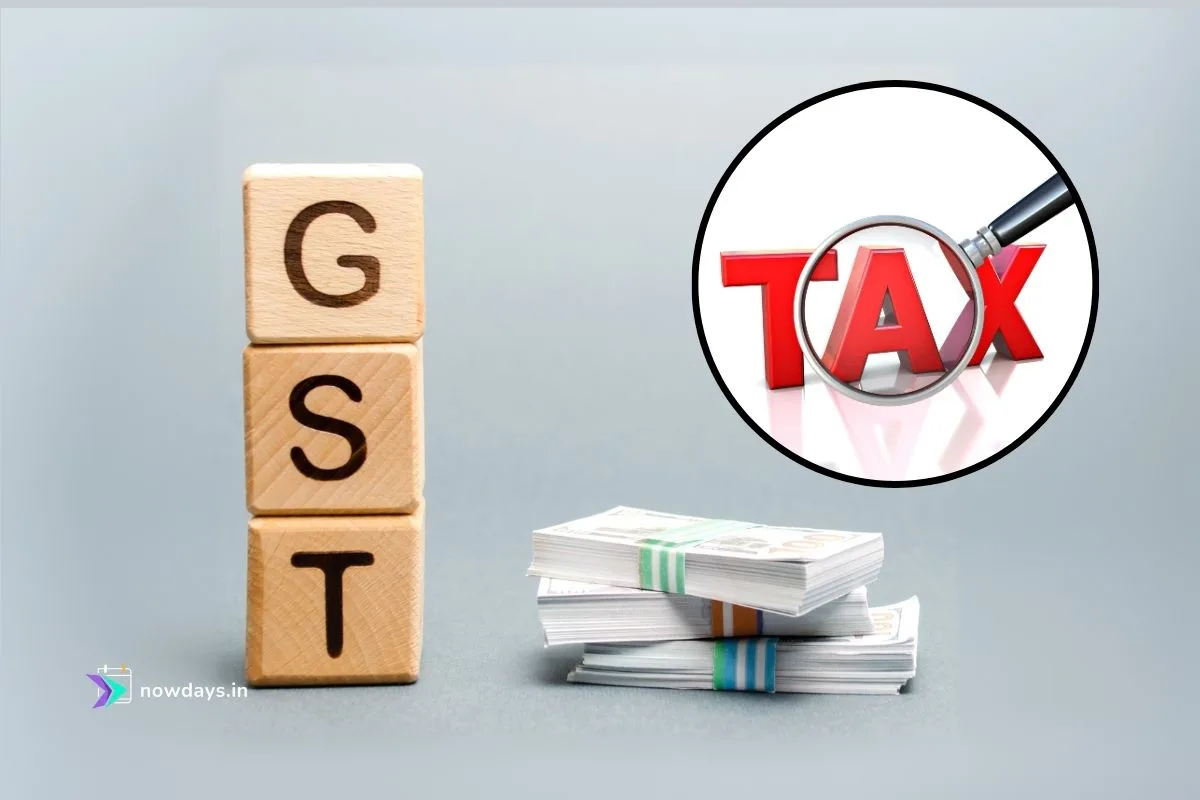New Delhi, – India’s state-owned refiners have abruptly suspended all Russian crude oil purchases, according to industry sources, responding to narrowed discounts and escalating pressure from U.S. President Donald Trump’s tariff ultimatums. The move signals a seismic shift in global energy flows and exposes India’s precarious position between Western sanctions and economic self-interest.
The Sudden Halt
Four major state refiners – Indian Oil Corporation (IOC), Hindustan Petroleum (HPCL), Bharat Petroleum (BPCL), and Mangalore Refinery (MRPL) – stopped seeking Russian oil cargoes over the past week. These companies control over 60% of India’s 5.2 million barrels per day refining capacity but accounted for just 40% of Russia’s 1.8 million bpd exports to India in early 2025.
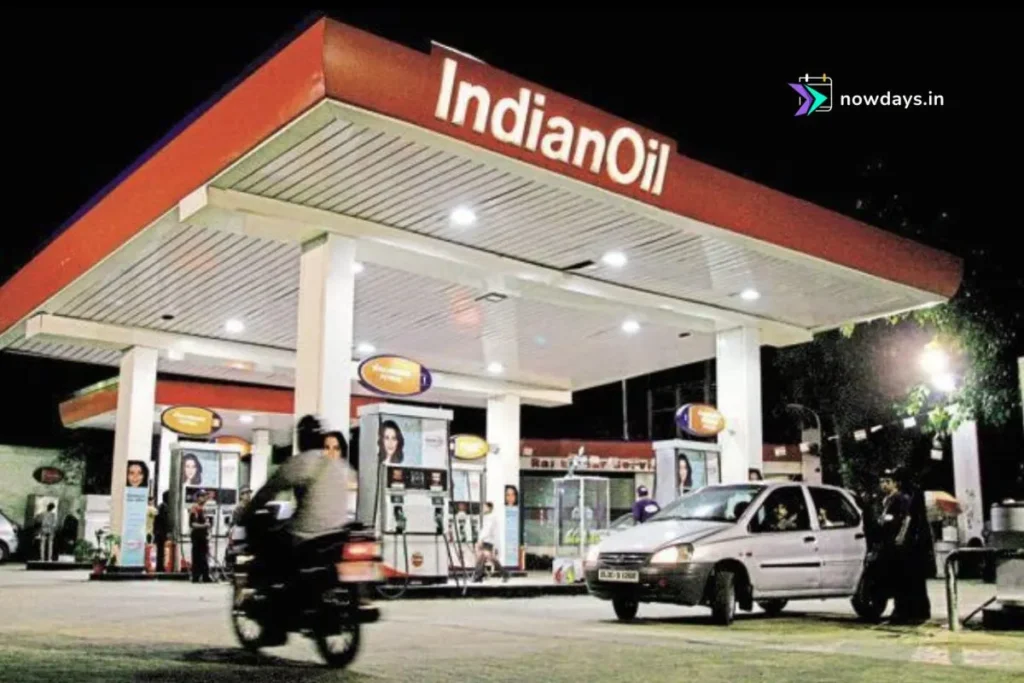
“Refiners fear the latest EU curbs could complicate overseas trade including fund raising – even for buyers adhering to the price cap,” sources revealed, highlighting compliance teams’ scramble to reassess shipments scheduled through August.
Trump’s Double-Barreled Threat
The suspension follows Trump’s July 14 warning of 100% tariffs on Russian oil buyers unless Moscow agrees to a Ukraine peace deal. On July 30, he escalated pressure by:
- Announcing 25% across-the-board tariffs on Indian goods effective August 1
- Threatening an additional “penalty” specifically targeting India’s Russian energy and defense imports
- Shortening the sanctions deadline to 10–12 days (down from 50 days)
Trump’s social media post explicitly linked penalties to India being “Russia’s largest buyer of ENERGY, along with China”.
Market Chaos and Alternative Sourcing
With Russian discounts shrinking to 2022 levels (when sanctions began), refiners pivoted urgently to spot markets:
- Middle Eastern grades: Abu Dhabi’s Murban crude (Reliance made unusual October bookings)
- West African oil: Primarily Nigerian and Angolan grades
- OPEC suppliers: Increased Saudi Aramco and Iraqi Basra volumes
Compliance teams are scrutinizing non-dollar contracts for Urals and Sokol crude routed via UAE/Singapore traders – previously considered “safe” under G7 price caps.
Private Refiners Hold the Line
While state firms retreated, Reliance Industries and Nayara Energy (part-owned by Rosneft) continue Russian imports under annual contracts. These private players bought nearly 60% of India’s Russian oil in H1 2025. However, Nayara faces mounting pressure after being named in the EU’s 18th sanctions package.
Geopolitical Fallout and Economic Toll
Diplomatic rupture: Trump’s dismissal of India and Russia as “dead economies” who “can take their dead economies down together” sparked outrage in New Delhi.
Financial impact:
- State refiners’ profits could plummet without discounted Russian crude
- $10/barrel sustained price hike = $13–14 billion annual import cost increase
- Rupee hit five-month lows as markets reacted
Global consequences:
- Russia loses its top seaborne crude buyer (India took ~50% of exports)
- OPEC gains leverage as alternative supplier
- U.S.-India strategic ties fracture amid China containment efforts
Refiners continue seeking urgent clarity from India’s Petroleum Ministry, which has not publicly responded to Trump’s threats.
The Road Ahead: India’s Precarious Balancing Act
| State Refiners | Private Refiners | |
|---|---|---|
| Current Stance | Complete pause | Continuing imports |
| Dependence on Russia | 40% of imports | 60% of imports |
| Vulnerability | Government policy shifts | Secondary sanctions |
| Alternatives | Murban, West African | Contract-bound, limited flexibility |
Industry analysts see three potential outcomes:
- Temporary Pause: Resumption if Ukraine peace progress emerges by August 8–10
- Permanent Shift: Accelerated diversification to Saudi Arabia/Iraq at 15–20% cost premiums
- Shadow Imports: Covert Russian barrels via “ghost fleets” and renaming services
Prashant Vasisht of ICRA warns: “Any reduction in Russian oil supplies will hit the profits of state-owned refineries” – a blow Modi’s government can ill afford before 2026 elections .
India’s energy security now hangs on diplomatic wires stretched thin between Washington and Moscow. With state refiners frozen by uncertainty and private players navigating sanctions minefields, the world’s third-largest oil importer faces its most severe energy crisis in decades. As one refinery executive bleakly conceded: “We’re buying time, not oil”. Whether that time yields solutions depends on forces far beyond India’s control.
